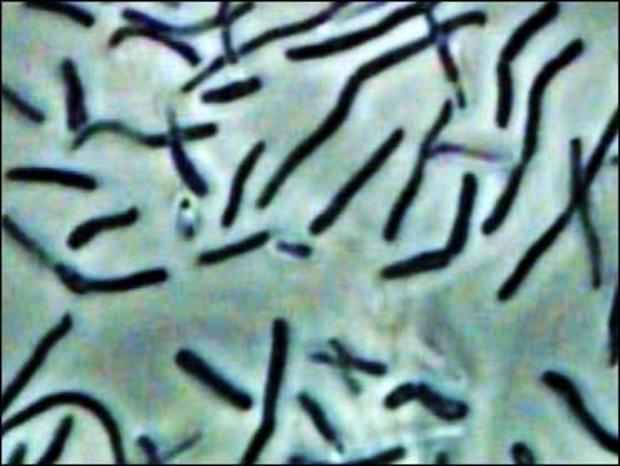Your Germs Might Be as Unique as Your Fingerprints
BOULDER, Colo. (CBS/KCNC) Everyone has heard of human DNA, but who knew people have their own bacterial DNA? According to CBS affiliate KCNC, a new study at the University of Colorado may have implications for forensic scientists.
When it comes to crime solving, fingerprints have long been the gold standard, but new research at the CU shows germs may also give somebody away.
"We found that each person seems to have a fairly unique compliment of bacteria that are personalized to themselves," CU researcher Dr. Christian Lauber said to the local station.
Lowber says the germs leave a telltale trail on things people touch.
"Our idea very simply was after you use a keyboard, do you leave bacteria behind and can we pick it up? And turns out, with this study, that's what we can do," Lauber said to KCNC.
Researchers swabbed the computer mice and keyboards of three people, isolated, amplified and sequenced their bacteria, and then compared the results to 270 random people. They found 87 percent of the bacteria is unlike anyone else's - one's own bacterial DNA "fingerprint."
While the research isn't ready for crime scene investigation labs just yet, there is promise. Bacterial DNA is easy to recover, for example. Blood, tissue, semen or saliva is needed for human DNA but people have an abundance of bacteria and even the cleanest criminal can't just wash it away.
"It doesn't matter. You can wash hands all you want; we still have bacteria on our hands," Lauber said to the CBS Denver station.
Researchers say the study does raise some ethical issues with regard to privacy. Unlike human DNA and fingerprints, the use of bacterial DNA to identify people is not yet restricted.
Story Contributed by CBS Affiliate KCNC
